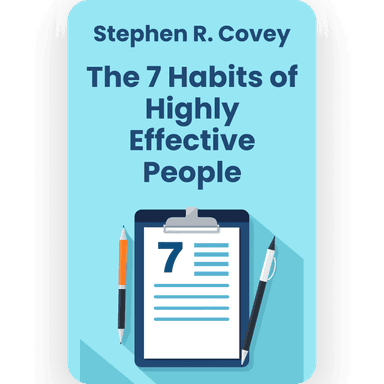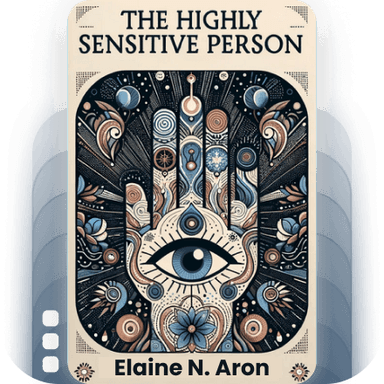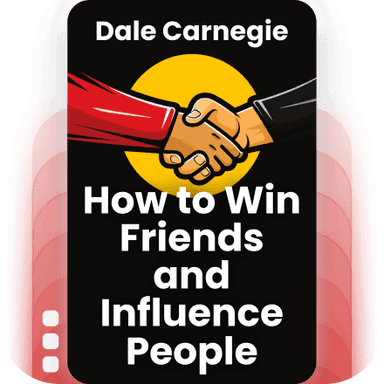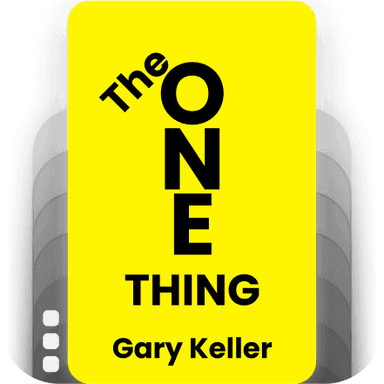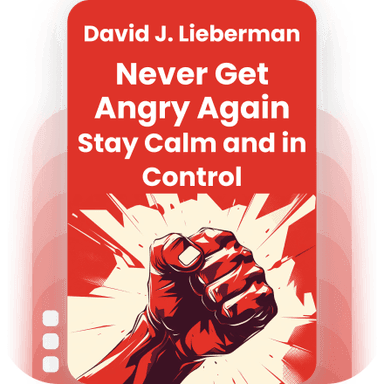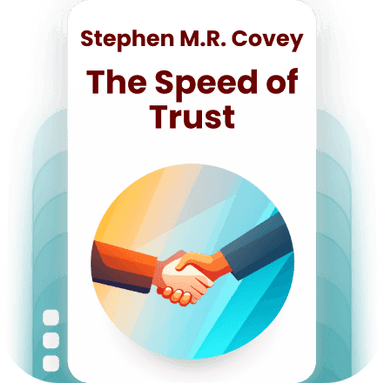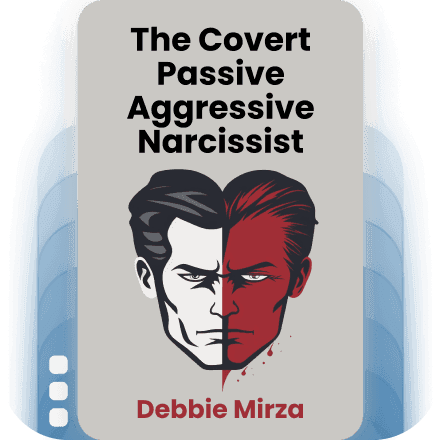
The Covert Passive Aggressive Narcissist: Recognizing the Traits and Finding Healing After Hidden Emotional and Psychological Abuse
Debbie Mirza
4.7 - 5 ratings
10
List Points
10
Chapters
5
Topics
Description
The book delves into the deceptive and insidious nature of covert narcissistic abuse, offering readers the tools to recognize subtle, passive-aggressive behaviors that often go undetected, leaving victims confused and emotionally drained. Debbie Mirza provides detailed insights into the traits of covert narcissists, emphasizing how their manipulative tactics can subvert and undermine relationships in pernicious ways. Through a combination of personal anecdotes, research, and practical advice, the book aims to empower survivors to identify this hidden abuse, understand the psychological impacts, and embark on a healing journey towards reclaiming their emotional well-being and self-worth.
What will you learn?
By reading Debbie Mirza's insightful guide, you will learn to identify the subtle yet destructive behaviors of covert passive-aggressive narcissists who often disguise their manipulation behind a facade of kindness and normalcy. The book equips you with the tools to recognize these hidden emotional and psychological abuses, providing clarity on the confusing dynamics that leave victims feeling drained and doubting their reality. Through comprehensive analyses, personal anecdotes, and practical strategies, you'll gain the knowledge and confidence to protect yourself, restore your self-esteem, and embark on a path toward healing and empowerment.
Who’s it for?
• Victims of emotional and psychological abuse seeking to understand their experiences.
• Individuals suspecting they are dealing with a covert narcissist in their personal relationships.
• Therapists and counselors looking for insights into covert narcissistic behavior to better assist their clients.
• Self-help readers interested in personal growth and emotional healing.
• Friends and family members of those affected by covert narcissistic abuse, wanting to offer support.
Categories
Key Learning
Available chapters to listen for this topic- 1
Understanding the Covert Passive Aggressive Narcissist
Identifying the subtle yet devastating traits of covert narcissism and how they differentiate from overt narcissistic behaviors; their hidden manipulation tactics and emotional abuse strategies. - 2
Recognizing the Gaslighting Techniques
Exploring the specific ways covert narcissists use gaslighting to make you question reality, including minimizing your feelings, denying the truth, and twisting events to confuse you. - 3
The Cycles of Idealization and Devaluation
Analyzing the patterns in which covert narcissists build you up just to tear you down; how they use these cycles to maintain control over their victims. - 4
Identifying the Mask of Niceness
Understanding how covert narcissists present a facade of kindness and genuineness; why they use charm and apparent goodwill to disguise their manipulative actions. - 5
The Impact on Your Mental Health
Examining the psychological toll of interacting with a covert passive-aggressive narcissist including symptoms like anxiety, depression, and lowered self-esteem; recognizing the signs that you might be affected. - 6
Breaking Through the Fog
Tools and strategies for gaining clarity and insight into the covert manipulation you’ve experienced; tips for trusting your intuition and reclaiming your sense of reality. - 7
Setting Healthy Boundaries
Practical advice on how to establish and maintain boundaries to protect yourself from further emotional harm; learning to say no and stand up for your needs. - 8
Healing from Emotional and Psychological Abuse
Steps for recovering from the trauma inflicted by covert passive-aggressive narcissists; self-care practices and resources for regaining your emotional health and resilience. - 9
Navigating Relationships After Abuse
Guidance for re-entering the dating world or repairing relationships with friends and family post-abuse; learning to identify and avoid covert narcissists in the future. - 10
Building a Support System
Importance of surrounding yourself with a network of supportive individuals who understand your experience; finding community, therapy, and other resources to aid in your healing journey.








